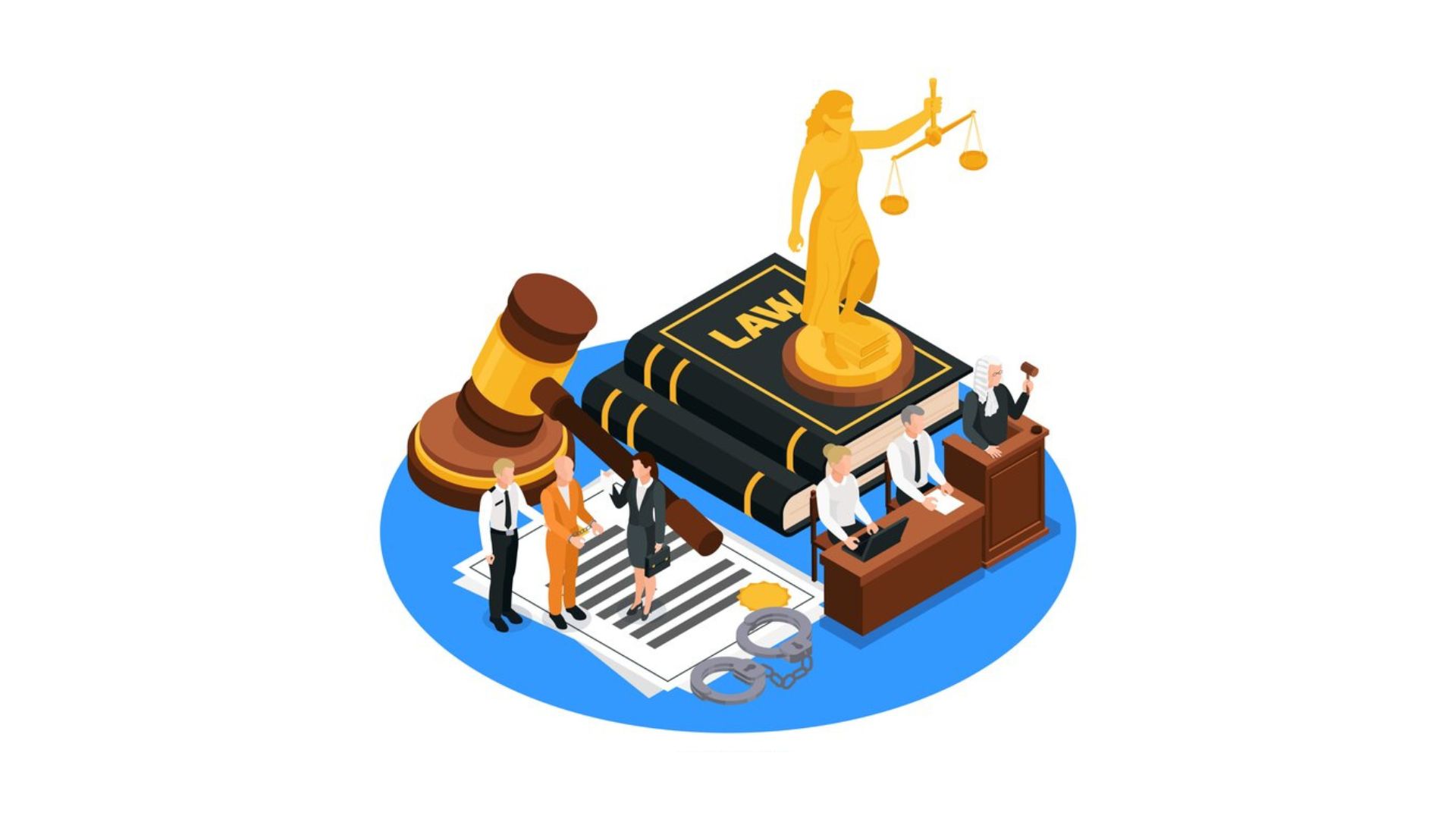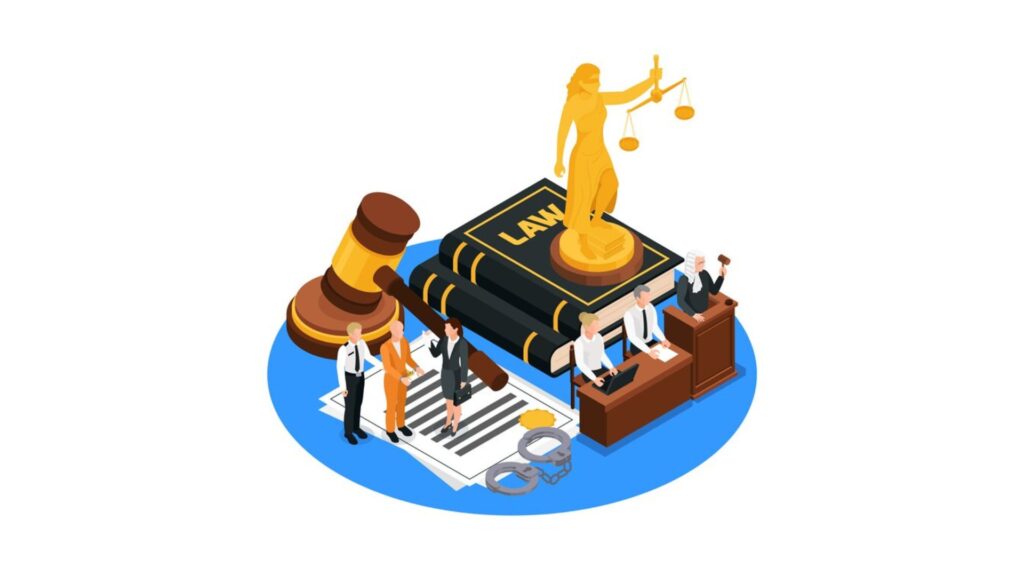
03 Jul Upholding Principles of Natural Justice in Tax Matters: Recent Cases

Introduction:
In the realm of tax assessments, the principles of natural justice often play a pivotal role. However, recent cases from the Madras High Court underscore a concerning trend: officers sometimes overlook these principles, leading to disputes over fair procedure and the right to be heard.
MADRAS HIGH COURT
Annai Earth Movers Case (27-Jun-2024):
Introduction
In a recent court case dated 02 July 2024, a significant decision was rendered concerning a taxpayer’s challenge against a tax demand, citing insufficient notification methods via the GST portal.
Facts of the Case
The petitioner, a company, received an order demanding payment of taxes. However, they contended that they were not adequately informed about the proceedings. The key issue raised was that all communications, including the show cause notice, were solely uploaded on the GST portal without any supplementary notifications through other means.
Issue
The central issue revolved around the principles of natural justice, which ensure that affected parties have a fair opportunity to be heard before decisions affecting their rights are made. The contention that notifications were exclusively on the GST portal raised concerns about whether the petitioner was sufficiently aware of the proceedings to respond effectively.
Held
The court acknowledged the petitioner’s argument regarding the inadequacy of the notification method. In pursuit of fairness and procedural integrity, the court made the following decisions:
The original tax order demanding payment was set aside. The petitioner was granted the opportunity to submit a detailed response to the show cause notice within a specified timeframe. A personal hearing was afforded to the petitioner to contest the tax demand effectively. The tax authorities were directed to issue a revised order within three months after receiving the petitioner’s response
Bright Hardware Case (27-Jun-2024):
Introduction
In a significant ruling dated 27 June 2024, the Madras High Court addressed a writ petition filed by M/s. Bright Hardware against the Deputy State Tax Officer – I, challenging an order related to GST liability for the tax period April 2018 to March 2019.
Facts of the Case
M/s. Bright Hardware, represented by its proprietor George Jaison, filed a writ petition under Article 226 of the Constitution of India. They sought to quash an order dated 18 January 2024, issued by the Deputy State Tax Officer, which imposed tax liability based on an alleged error in their GSTR-3B return for September 2018. The petitioner contended that the tax demand arose due to an inadvertent error in reporting inward supplies under reverse charge mechanism.
Issue
The primary issue before the court was whether M/s. Bright Hardware had been afforded a fair opportunity to contest the tax demand on its merits. The petitioner argued that they were not adequately informed of the proceedings, citing reliance on a part-time accountant for GST compliance.
Held
Justice Senthilkumar Ramamoorthy, presiding over the case, reviewed the submissions from both parties. The court noted that while the respondent claimed to have issued multiple notices and offered a personal hearing, the petitioner asserted they were unaware of these due to procedural lapses.
Upon examining the impugned order and the petitioner’s explanation of the inadvertent error in their return, the court found merit in M/s. Bright Hardware’s contention. Consequently, the court set aside the original tax order dated 18 January 2024. However, as a condition for remand, the petitioner was directed to remit 10% of the disputed tax demand within two weeks.
The court granted M/s. Bright Hardware the opportunity to submit a detailed reply to the show cause notice and to file a rectified return. Upon satisfaction of the remittance condition, the respondent was instructed to provide a fresh hearing and issue a revised order within three months.
Selvaraj Traders Case (24-Jun-2024):
Introduction
In a recent judgment dated 24 June 2024, the Madras High Court addressed a writ petition filed by M/s. Selvaraj Traders against the Assistant Commissioner (ST), challenging an order related to the denial of Input Tax Credit (ITC) under the GST regime.
Facts of the Case
M/s. Selvaraj Traders, represented by its proprietor Mr. Danushkodi Selvaraj, filed a writ petition under Article 226 of the Constitution of India. They sought to quash an order dated 12 September 2023, issued by the Assistant Commissioner, rejecting their claim for ITC on the purchase of a motor vehicle. The petitioner contended that the vehicle purchase was for business purposes and thus eligible for ITC under applicable GST laws.
Issue
The central issue before the court was whether M/s. Selvaraj Traders had been afforded a fair opportunity to contest the denial of ITC on merits. The petitioner argued that despite assertions of business necessity and eligibility for ITC, they were not adequately heard during the assessment process.
Held
Justice Senthilkumar Ramamoorthy, presiding over the case, reviewed the submissions from both sides. The court noted the petitioner’s claim that the purchase of the motor vehicle was essential for their business operations, justifying the claim for ITC. It was also observed that the petitioner had not received the respondent’s communication dated 21 March 2024, which was crucial in addressing the issues raised.
Upon perusal of the impugned order and considering the petitioner’s arguments, the court found merit in M/s. Selvaraj Traders’ contentions. Accordingly, the court set aside the order dated 12 September 2023, with a condition that the petitioner remit 10% of the disputed tax demand within two weeks.
The court granted M/s. Selvaraj Traders the opportunity to submit a detailed reply to the show cause notice and to provide additional evidence supporting their claim for ITC. Upon satisfaction of the remittance condition, the respondent was directed to conduct a personal hearing and issue a fresh order within three months.
ABI Constructions Case (24-Jun-2024):
Introduction
In a significant ruling dated 24 June 2024, the Madras High Court addressed a writ petition filed by M/s. Abi Constructions against the State Tax Officer and the Goods & Services Tax Network (GSTN), challenging an assessment order under Section 74 of the CGST/TNGST Act, 2017.
Facts of the Case
M/s. Abi Constructions, represented by its proprietor Mr. Govintharaj Sammandham, filed a writ petition under Article 226 of the Constitution of India. They sought to quash an assessment order dated 30 October 2023, along with the accompanying summary order in Form GST DRC-07, for the tax period 2021-22. The petitioner contended that they were not provided a reasonable opportunity to contest the tax demand on its merits.
Issue
The primary issue before the court was whether M/s. Abi Constructions had been afforded adequate opportunity to participate in the assessment proceedings. The petitioner argued that they were unaware of the proceedings as notices and communications were only uploaded on the GST portal and not communicated through any other means.
Held
Justice Senthilkumar Ramamoorthy presided over the case and considered arguments from both sides. The court noted the petitioner’s claim that they had not received physical notices or reminders regarding the assessment proceedings. However, the respondents argued that reminders were sent via Registered Post Acknowledgement Due (RPAD), and one such reminder was acknowledged by the petitioner on 1 June 2023.
After examining the impugned order and submissions, the court found that although the petitioner’s contention of lack of awareness due to portal-only communication was not entirely accepted, it was crucial to ensure fairness in the process. The court set aside the order dated 30 October 2023, with a condition that M/s. Abi Constructions remit 15% of the disputed tax demand within fifteen days.
Furthermore, the court directed the petitioner to submit a detailed reply to the show cause notice within the specified period. Upon receipt of the remittance and reply, the State Tax Officer was instructed to provide a reasonable opportunity to M/s. Abi Constructions, including a personal hearing, and to issue a fresh order within three months.
KERELA HIGH COURT
Space 3 Interiors
Introduction:
In the case of M/S SPACE 3 INTERIORS v. STATE TAX OFFICER, the Kerala High Court addressed a writ petition challenging an order issued under Section 73(9) of the CGST/KSGST Act, 2017.
Facts of the Case:
M/S SPACE 3 INTERIORS, a business entity under the CGST/KSGST Rules, 2017, filed a writ petition against an order (Ext.P3) issued by the State Tax Officer. The petitioner alleged a lack of prior notice from the tax authority before the issuance of the order. The petitioner’s premises had been closed since 2020, and they claimed they did not receive the notices sent to the premises’ address.
Issue:
The primary issue before the court was whether the petitioner’s rights to natural justice were violated due to the absence of notice before the issuance of the order under Section 73(9) of the CGST/KSGST Act, 2017.
Held:
The court, presided over by Honourable Mr. Justice Murali Purushothaman, dismissed the writ petition. It held that since the petitioner had not updated their communication address with the tax department, notices were sent to the registered address of the closed shop. The court concluded that the petitioner’s failure to update their address for communication barred them from claiming a violation of natural justice principles. Therefore, the court found no grounds to entertain the writ petition under Article 226 of the Constitution of India.
KARNATAKA HIGH COURT
M/S Breakbounce India Pvt. Ltd.
Introduction:
In the case of M/S BREAKBOUNCE INDIA PVT. LTD. v. COMMISSIONER OF COMMERCIAL TAXES, Karnataka High Court addressed a writ petition under Articles 226 and 227 of the Constitution of India, challenging an ex-parte adjudication order and recovery proceedings under the Karnataka Goods and Services Tax Act, 2017.
Facts of the Case:
M/S BREAKBOUNCE INDIA PVT. LTD., a public limited company, challenged an adjudication order (Ex-parte Order No. DCCT(A)-6.9/GST/ADJ/NO.27/2023-24) dated 21/11/2023 and its summary issued in Form-GST-DRC-07 by the Deputy Commissioner of Commercial Taxes (Audit). The petitioner contended that the adjudication was completed without proper notice, despite submitting audited balance sheets and other documents. The petitioner claimed they were unaware of the notice served via email due to genuine reasons.
Issue:
The main issue before the court was whether the petitioner’s rights to natural justice were violated by the ex-parte adjudication and whether they should be granted another opportunity to participate in the adjudication process.
Held:
The Karnataka High Court, presided over by Hon’ble Mr. Justice S. Sunil Dutt Yadav, allowed the writ petition. The court observed that while electronic service of notice may generally suffice, in this case, considering the substantive rights involved and the objectives of Section 75(4) of the Act, justice demanded granting the petitioner another opportunity to participate. Therefore, the court set aside the adjudication order and the consequential recovery proceedings initiated by the authorities. The matter was remanded to the stage of the show cause notice, allowing the petitioner to submit their reply within four weeks from receipt of the certified copy of the order. The court also kept all contentions open for further consideration.
Conclusion:
These cases reflect the Madras High Court’s commitment to upholding natural justice principles in tax matters, emphasizing fair procedures and the right to be heard. As taxpayers navigate complex tax environments, ensuring procedural fairness remains crucial in safeguarding their rights.


No Comments